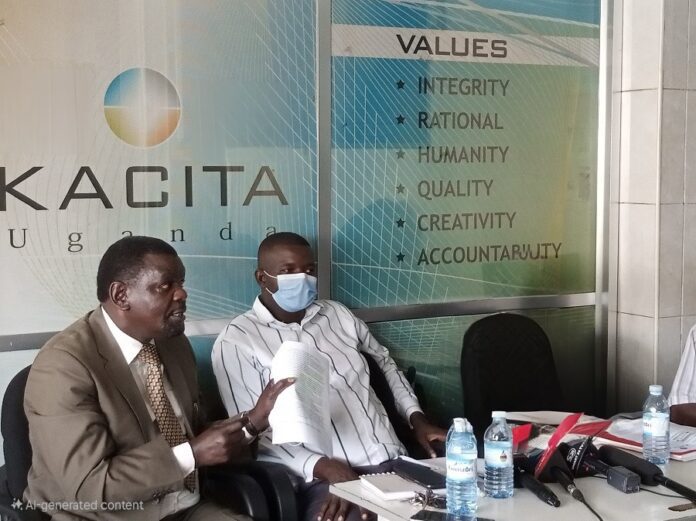
The Kampala City Traders Association (KACITA) has tasked the government to devise means to promote more trader engagement in Uganda’s budgeting process.
This comes after several traders claimed that many trade stakeholders were ‘left out’ during crucial meetings on fiscal policy that affected their businesses.
The KACITA spokesperson, Issa Ssekitto, on Monday, December 16, 2024, in an interview at their office in Kampala, cited the traders’ grievance on the budget approach as a critical issue.
According to Ssekitto, the budget framework was last done a couple of years ago under the Private Sector Foundation Uganda (PSFU), and as a result, there was no one to represent the traders whose voices were affected by the taxation and regulations made.
“Because of these conflicting sectoral desires and interests, some of the things we need do not go through,” Ssekitto explained, “such situations limit traders from accessing necessary assistance, strategies and resources.”
Among the pressing issues raised by KACITA were the concerns about high taxation on textiles and garments, which is currently done on the basis of weight in kilograms.
The Traders’ Association seeks a review of such structural taxation as well as provision of rules to curb the inflow of foreign petty traders, which is perceived to be targeting local businesses.
Additionally, KACITA has also sought a harmonized position on Electronic Fiscal Receipting and Invoicing Solution (EFRIS) and other pertinent issues ahead of the next budget cycle.
Ssekitto noted that many of these concerns have remained unresolved for too long.
“All these issues are still pending, and therefore we have to be involved in telling the taxman how to approach this,” he added.
As discussions intensify about the national budget, KACITA has appealed to the government to engage all stakeholders in collaborative efforts to reflect the needs of all parties involved in Uganda’s economy.














